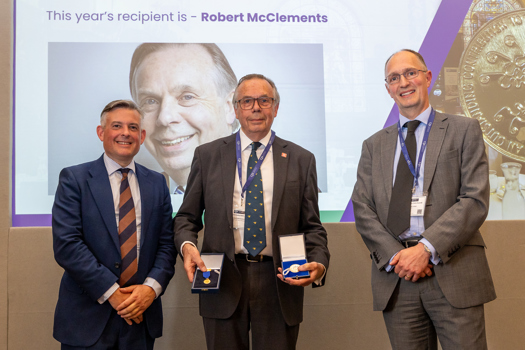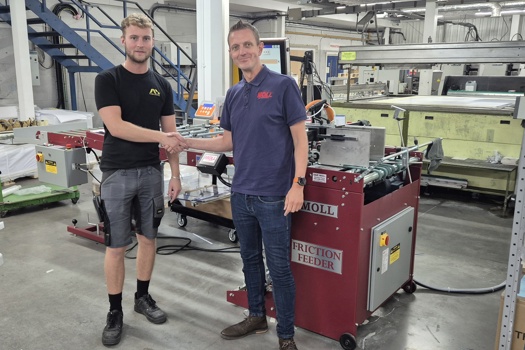The business is on a mission to help halve food waste by 2030 on fresh packaged foods.
The technology at its core is a packaging sensor that can measure the atmosphere surrounding the food in fresh food packs. The sensor can indicate the condition of the food in real time and help to avoid good food being thrown away.
The technology is designed to work on the packaging that over half of the world’s fresh food is packed in. The sensor is formed from a food safe ink that is printed into the food packaging. The food safe ink can also be printed onto labels for manual application and allow oxygen measurement in real time.
Over the last two years Senoptica has produced the technology at industrial scale and said it had achieved a clean bill of health in independent food safety testing. The business is currently piloting the technology with a global retailer and a large European food company, both currently unnamed.
Senoptica is raising a total of €1.5m in convertible debt. It said its latest funding round will enable it to achieve regulatory approval, complete the retailer pilot, and make first sales. The round is being led by existing investors and Enterprise Ireland will also participate.
“We are delighted to make this first close on our €1.5m bridging round, particularly given the difficult funding environment at present,” said Brendan Rice, CEO & co-founder of Senoptica.
“This funding will enable us to complete the final hard yards of our pre-revenue journey and help us get to first sales. The climate emergency needs technologies like ours to get to market as quickly as possible to mitigate the effects of climate change. We are excited to be playing our part in solving one of the greatest challenges facing the world today.”
Senoptica, which currently employs four staff, expects to have regulatory approval by the end of this year and aims to launch the technology in Q2 2024. The company plans to create an additional 15 jobs over the next two years.
Last month, new research from the University of Portsmouth’s Global Plastics Policy Centre found that reusable packaging with embedded electronic tags could help transform the plastic packaging industry.










